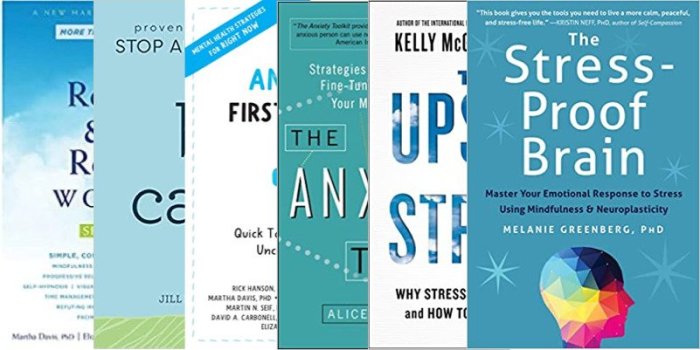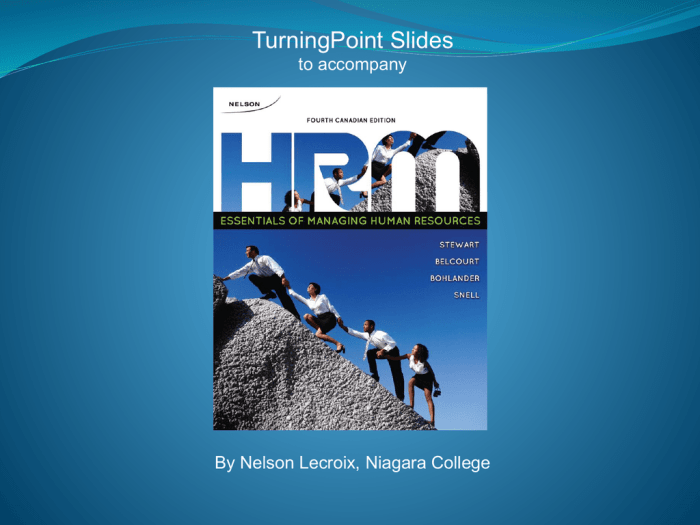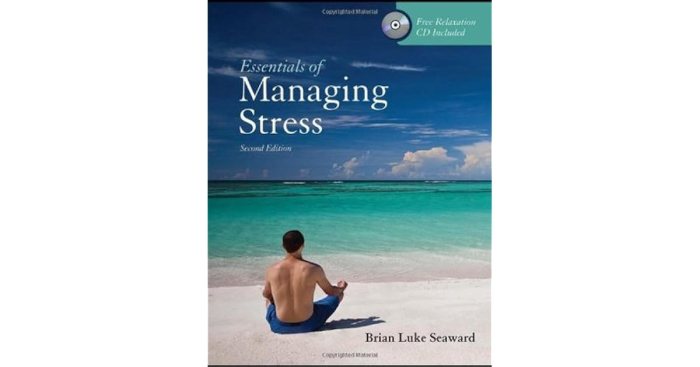Essentials of managing stress 5th edition – Welcome to the fifth edition of “Essentials of Managing Stress,” the definitive guide to navigating the challenges of modern life. This comprehensive resource empowers individuals with evidence-based strategies and techniques to effectively manage stress, improve well-being, and thrive in a demanding world.
As we delve into the intricacies of stress, we will explore its multifaceted nature, delve into its physiological and psychological effects, and uncover the power of cognitive and behavioral interventions. We will also examine the role of lifestyle modifications, environmental factors, and technology in stress management.
Ultimately, this journey will equip you with the knowledge and tools necessary to cultivate resilience, enhance your quality of life, and unlock your full potential.
Introduction

Stress has become an inevitable part of modern life, affecting individuals across all walks of life. Managing stress effectively is crucial for maintaining well-being and preventing its detrimental consequences.
The “Essentials of Managing Stress, 5th Edition” provides a comprehensive and evidence-based approach to understanding and managing stress. This essential resource offers a thorough examination of the causes, effects, and strategies for effectively coping with stress in today’s demanding world.
Understanding Stress: Essentials Of Managing Stress 5th Edition

Stress refers to the psychological and physiological responses individuals experience when faced with demands that exceed their resources or threaten their well-being.
Stressors can be external (e.g., job demands, financial pressures) or internal (e.g., negative thoughts, anxiety). Different types of stressors can have varying effects on individuals, ranging from mild discomfort to severe distress.
When experiencing stress, the body undergoes physiological and psychological changes, including increased heart rate, muscle tension, and the release of stress hormones. Understanding these responses is crucial for recognizing and managing stress effectively.
Assessment and Measurement of Stress

Assessing stress levels is essential for effective management. Various methods and tools are available for this purpose, including:
- Self-report questionnaires (e.g., Perceived Stress Scale, Stress Profile)
- Physiological measures (e.g., heart rate variability, cortisol levels)
- Behavioral observations (e.g., sleep patterns, social interactions)
Interpreting stress assessment results involves considering factors such as the individual’s baseline stress levels, current life circumstances, and coping mechanisms.
Cognitive and Behavioral Strategies for Stress Management
Cognitive restructuring involves challenging negative thoughts and promoting positive self-talk. Techniques such as:
- Cognitive Behavioral Therapy (CBT)
- Mindfulness-Based Stress Reduction (MBSR)
- Positive Psychology
can help individuals identify and modify unhelpful thought patterns that contribute to stress.
Relaxation techniques, such as deep breathing, meditation, and mindfulness, have been shown to reduce stress levels and promote relaxation.
Lifestyle Modifications for Stress Management

Lifestyle factors significantly impact stress levels:
- Regular physical activity releases endorphins, which have mood-boosting effects.
- Adequate sleep is essential for stress recovery and resilience.
- A balanced diet provides the nutrients necessary for coping with stress.
Social support and stress-reducing activities, such as hobbies, spending time in nature, or connecting with loved ones, can also contribute to stress management.
General Inquiries
What is the significance of stress management in today’s society?
In today’s fast-paced and demanding world, stress has become pervasive, affecting individuals from all walks of life. Effective stress management is crucial for maintaining physical and mental well-being, preventing chronic health conditions, and fostering overall life satisfaction.
How does “Essentials of Managing Stress, 5th Edition” differ from other stress management resources?
“Essentials of Managing Stress, 5th Edition” stands out as a comprehensive and evidence-based guide that provides a holistic approach to stress management. It integrates the latest research findings with practical strategies and techniques, empowering individuals to tailor their stress management plans to their unique needs and circumstances.
What are the key takeaways from this book?
This book emphasizes the importance of understanding the nature of stress, assessing stress levels, and developing personalized stress management strategies. It highlights the effectiveness of cognitive restructuring, relaxation techniques, lifestyle modifications, and environmental interventions in reducing stress and promoting well-being.